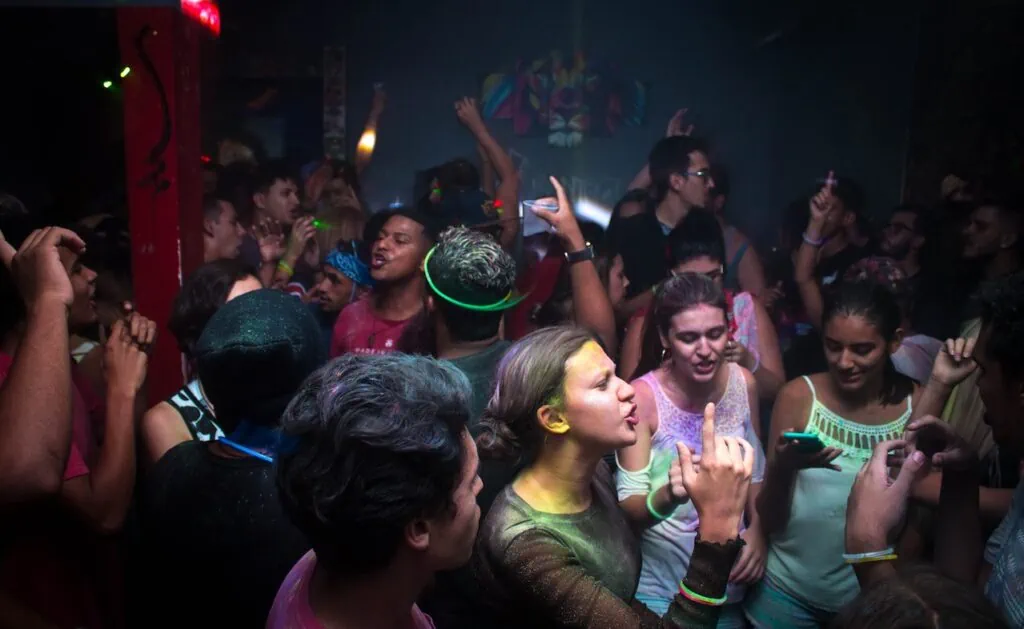
Hallucinogens: The Danger Of LSD Use
Hallucinogen use is on the rise in California. This includes LSD (lysergic acid diethylamide) as part of a culture in the tech industry that embraces micro-dosing.
While hallucinogens aren't considered physically addictive in the same way that substances like opioids or stimulants can be, people still can use them compulsively. People do not typically develop a physical dependence on LSD.
However, psychological addiction or problematic use patterns can still occur with LSD and other psychedelic drugs. Some individuals might develop a psychological dependence on the intense and unique experiences that LSD can provide. This can lead to a desire to use the substance regularly to chase those experiences.
Why Do People Use LSD?
LSD, or lysergic acid diethylamide, is a powerful hallucinogenic drug that causes changes in perception, mood, and various processes. It was popular in the 1960s, along with other hallucinogenic drugs. People often use it because they believe it helps unleash creativity or because they feel it makes them more spiritual. It has come back in recent years due to Silicon Valley's increasingly raucous party behavior and claims by some executives that they microdose LSD to improve creativity.
Many people who experiment with micro-dosing psychedelics claim to do it to try to treat clinical depression or anxiety. Others, however, rely on the smaller dose that gives a stimulant effect, claiming it gives them a "competitive advantage."
Risks of LSD Use
LSD trips can last 6-12 hours, including delusions, hallucinations, and out-of-character behavior. It's important to note that LSD is illegal on the federal level. Many states have strict laws about LSD sale and possession.
Here are some of the potential risks:
- Bad Trips: LSD can lead to "bad trips," which are experiences characterized by extreme anxiety, panic, confusion, and even paranoia. These adverse psychological effects can be distressing and impact mental well-being. Some people have hurt themselves or others during bad trips.
- Psychological Effects: LSD can trigger or exacerbate underlying mental health issues, such as anxiety, depression, and schizophrenia. People with mental health disorders are more likely to experience adverse effects from hallucinogens.
- Unpredictable Reactions: Responses to drugs are highly unpredictable and can vary widely from person to person.
- Impaired Judgment: Hallucinogens impair cognitive functions, including decision-making and problem-solving abilities, potentially leading to risky behavior. Some people have formed delusions and think they can fly or have superhuman abilities. This can lead to injuries.
- Physical Effects: While not known to be physically addictive, it can still cause physical side effects such as increased heart rate, dilated pupils, and changes in blood pressure.
What About Micro-Dosing?
There is limited research on the long-term effects of micro-dosing LSD. It's poorly understood how regular micro dosing might impact brain function, mental health, or overall well-being over an extended period.
Possession and use of psychedelic substances are illegal in many places. Using psychedelics, even in microdoses, can result in legal trouble, affecting employment, education, and other aspects of life.
Because micro-dosing is often considered a safer way to use psychedelics, individuals might underestimate the risks involved.
Scientific research on micro-dosing, its safety, and efficacy is still in its early stages. Most information comes from anecdotal reports and self-experimentation.
Some perceived benefits of micro-dosing might be due to the placebo effect, where individuals experience positive effects simply because they believe they will. This can lead to inflated expectations and a potential bias in reported impacts. They may enjoy it because of the "high" it produces.
Micro-Dosing and Mental Health Disorders
Micro-dosing drugs like LSD to address mental health disorders presents several significant concerns, making it a potentially harmful approach.
Self-medicating with micro-dosing can lead to unintended consequences, exacerbating mental health symptoms rather than alleviating them. LSD alters perception, mood, and cognition, which can be particularly risky for individuals struggling with mental health issues. Hallucinations from the drug can cause psychotic episodes in some people.
Instead of providing a stable and reliable path to recovery, micro-dosing may introduce additional instability and unpredictability, making it difficult to discern whether any perceived improvements are genuine or simply part of the temporary "high."
Many people who micro-dose LSD are comfortable taking drugs daily because they already do. It's not uncommon for psychedelic drug users to be diagnosed with substance use disorder.
Getting Help for Substance Use Disorder
Categories
Addiction San Diego
